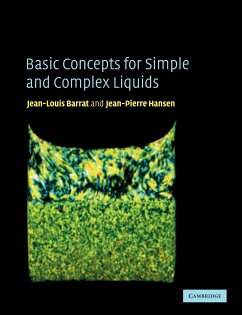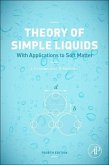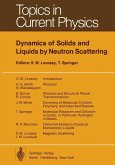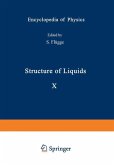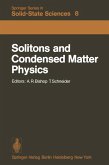Presenting a unified approach to the liquid state, this book focusses on the concepts and theoretical methods that are necessary for an understanding of the physics and chemistry of the fluid state. The authors do not attempt to cover the whole field in an encyclopedic manner. Instead, important ideas are presented in a concise and rigorous style, and illustrated with examples from both simple molecular liquids and more complex soft condensed matter systems such as polymers, colloids, and liquid crystals. After a general chapter introducing the liquid state, the book is in four parts devoted to: thermodynamics; structure and fluctuations; phase transitions, interfaces and inhomogeneous fluids; and, finally, transport and dynamics. Each chapter introduces a new set of closely related concepts and theoretical methods, which are then illustrated by a number of specific applications covering a broad range of physical situations.
Hinweis: Dieser Artikel kann nur an eine deutsche Lieferadresse ausgeliefert werden.
Hinweis: Dieser Artikel kann nur an eine deutsche Lieferadresse ausgeliefert werden.
"a concise, very well-written textbook by two experts in the field, should help fill this gap in the physics curriculum..."A wealth of material is covered in fewer than 300 pages. This textbook is the only one that I know of that succinctly tackles such a diverse set of topics and attempts to find common viewpoints and theoretical approximations...I enjoyed reading asic Concepts for Simple and Complex Liquids and have used it in my own research group to introduce students to new research areas and ideas. the authors should be commended for an impressive pedagogical achievement." Physics Today

